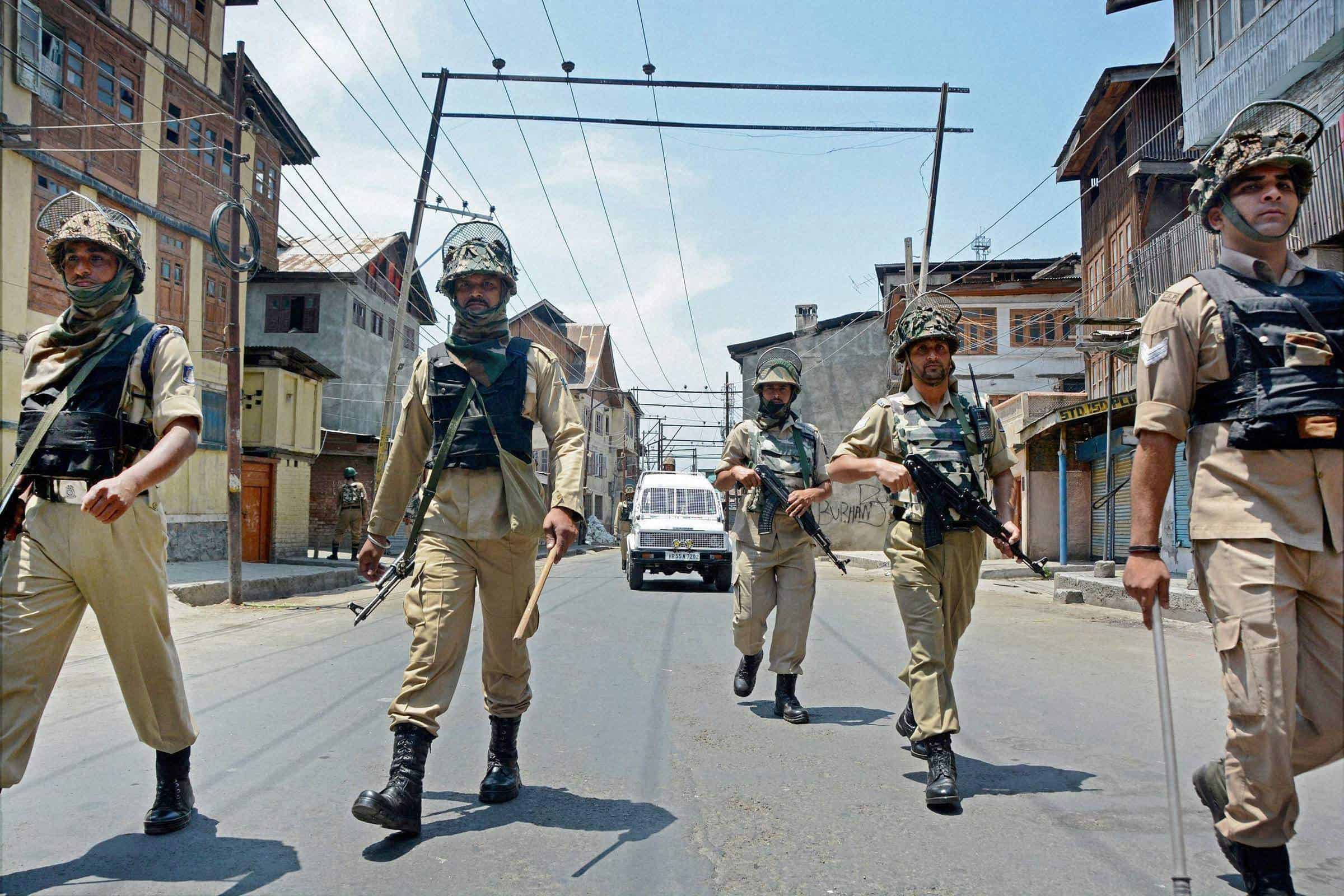A case in which a foreign award from 2012 was yet to be executed prompted the Kerala High Court on Tuesday to draw attention to loopholes in the Arbitration and Conciliation Act of 1996 that enable such delays [M/S Peniel Cashew Company v M/S Ahcom Sarl].
Justice CS Dias noted that the 2012 award had been the subject matter of several rounds of litigation in courts in Kerala, including the High Court, as well as the Supreme Court.
“Both sides are playing the blame game for the delay in the culmination of the execution petition. The fact remains that a decade-old foreign award remains unexecuted,” the single-judge opined.
This was an example that showcase the lacunae in the Act, the judge said, as he called on the legislature and other stakeholders to address and rectify the shortfalls in the Act.
“Obviously, this is not the aim of the legislation and the interpretations of Part II of the Act. This case should be an awakener to the stakeholders to plug the lacuna in the legislation and the loopholes in the procedure,” the order stated.
In 2013, the respondent in the present case filed a petition against the petitioner to execute an ex-parte foreign arbitration award passed by the Combined Edible Nut Trade Association, London in 2012 to realise an amount of $2,88,125.20.
The petitioner challenged the award before a District Court contending that the execution petition was verified and filed by an imposter, that the entire contract formation iwasvitiated by fraud, that the petitioner did not receive notice in the arbitral proceedings, that the award was unenforceable in India and has not become final, etc.
The respondent questioned the maintainability of the original petition.
This began several rounds of litigation filled with original petitions, interim applications, and appeals before the District Court, High Court and even the Supreme Court.
After over 5 years, the High Court confirmed the award was enforceable. The respondent then filed another application to arrest and detain the petitioner in civil prison.
The petitioner filed his objection to the notice issued, pleading that he has no means to pay the award debt and is seriously ill due to renal issues.
The respondent filed his reply affidavit and the District Court held that the petitioner does have the means to pay the award amount.
This order was challenged by the petitioner in the present case.
Senior Advocate T Krishnanunni, appearing for the petitioner, assailed the order on several grounds.
He said the respondent company had ceased to exist and that the petitioner does not have the means to pay the decree amount as he suffers from a severe illness. He further argued that the District Court had erroneously permitted the respondent to cure the defects in the time-barred application filed under Order 21 Rule 11A Code of Civil Procedure (CPC), even though Section 5 of the Limitation Act is not applicable.
Advocate TR Aswas vehemently countered each of these arguments on behalf of the respondent. He submitted that the petitioner had flouted his own undertaking before the court in previous rounds of litigation and that all of his arguments are nothing but another attempt to wriggle out of his liability to pay the award amount.
Moreover, he submitted that the case depicts the miseries and desperation of a foreign award-holder.
Upon considering the facts of the case and the law laid down by the Supreme Court in several judgments, the Court concurred with the respondent on all fronts.
It, therefore, dismissed the plea and upheld the order of the District Court.
Source Link




